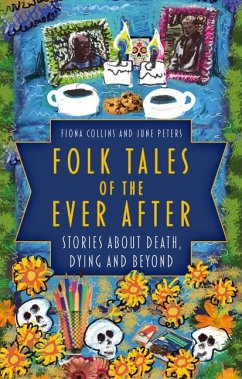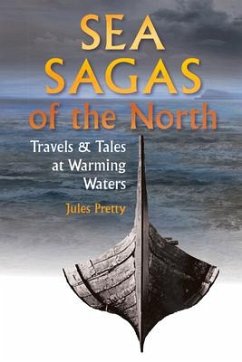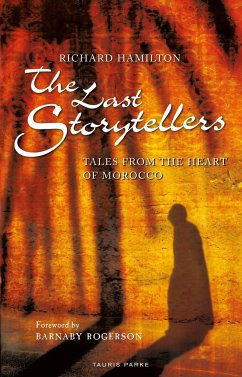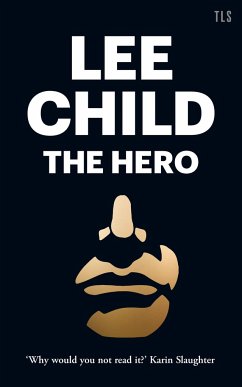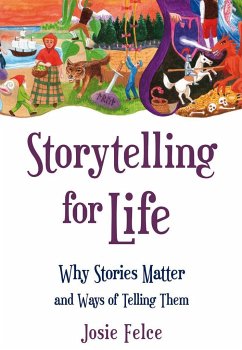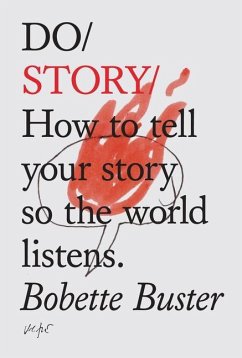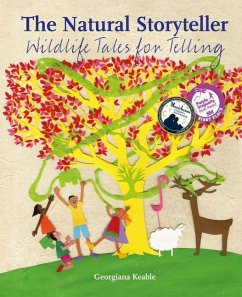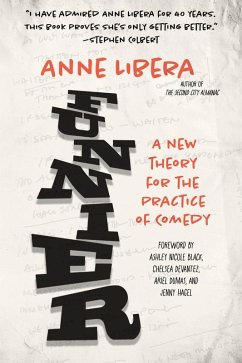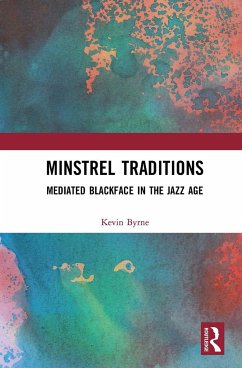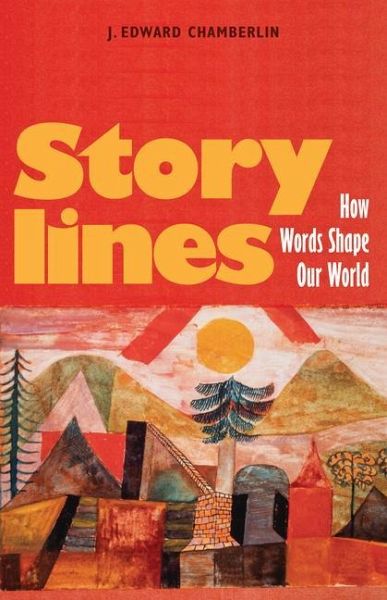
Storylines
How Words Shape Our World
Versandkostenfrei!
Versandfertig in 2-4 Wochen
22,99 €
inkl. MwSt.

PAYBACK Punkte
11 °P sammeln!
"A brilliant and timely exploration of the power of stories and songs--from both the distant past and today's news--counters despair and disillusionment with hope and possibility. Stories are our first and last survival strategy. For tens of thousands of years, they have told humanity what we know and what we don't know, what to wonder about and what to watch out for. We draw comfort from our great myths, and from the storytelling of our contemporaries (including members of our families). Storytelling holds us together. And sometimes it keeps us apart. From the stories we tell children, to lit...
"A brilliant and timely exploration of the power of stories and songs--from both the distant past and today's news--counters despair and disillusionment with hope and possibility. Stories are our first and last survival strategy. For tens of thousands of years, they have told humanity what we know and what we don't know, what to wonder about and what to watch out for. We draw comfort from our great myths, and from the storytelling of our contemporaries (including members of our families). Storytelling holds us together. And sometimes it keeps us apart. From the stories we tell children, to literary works, to pop music, stories take many forms and give shape and substance to things we believe, perpetuating ideals and identities and provoke controversy and conflict. They include explanations of the origin and purpose of things, of causes and effects and sequences of events, and of our relationships to the forces that surround us. They also shape the institutions we establish, the ways in which we constitute ourselves as communities, and the covenants we enter into with secular as well as spiritual powers. Stories that celebrate growth and development and "civilized" progress can be a hazard when we use them to destroy Indigenous homelands and heritages and the environment. Stories can also provide a form of resistance to the overpowering realities of the everyday, empowering our imaginations to create a sense of possibility. It is within storytelling, and by understanding how stories work, that we can find a way to bring sympathy and judgment back into the centre of our conversations about what we can--and what we must--do. Stories and songs, ours and those of others, can help us. They can save us."--





